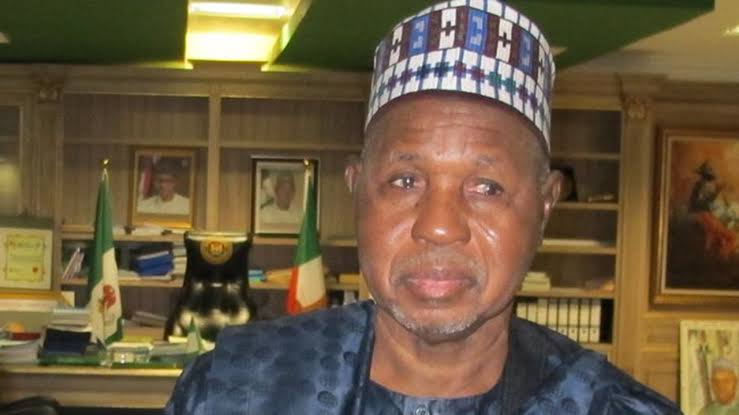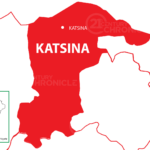The irony of Katsina State is that the fair share of the media attention it has been getting lately has been for both the right and the wrong reasons. In fact, most of what comes out of the state is tragically connected to the unwholesome activities of bandits and the way they have made life difficult for the people. The fact is that Governor Aminu Bello Masari is in the eye of the storm for the simple reason of coming to power at a most trying and challenging period.
The intractable security challenges notwithstanding, Masari is, as we speak, going through a barrage of distractive criticisms on the policy and fiscal direction of his government at a time some of us, because of where we are coming from, see the man as doing his best to steer the state out of the quagmire of mindless blood spilling which the state is now struggling with. Take the education and agricultural sectors for example. The sorry state of affairs in these two sectors and the infiltration of gun culture which has ominously set the stage for the state to go down are clear signs that Katsina cannot afford the luxury of wasting time on campaign of calumny against its leaders, reckless, wild and unproven allegations of graft and playing to the gallery in pursuit of political and other narrow personal interests.
- COVID-19 vaccine procurement at advanced stage-FG
- Buhari, King Mohammed discuss Nigeria-Morocco gas pipeline, fertilizer plant
No state that is in the kind of war of annihilation which Katsina is currently grappling with can, in all honesty, toy with time wasting and energy dissipation attitude of needless rumour mongering against the very leadership that is working hard to extricate the people from a conflagration as ominous as this banditry.
When you look at Borno and how its people have put aside their differences, rallied round their leaders and put partisan considerations on hold in order to forge the kind of unity necessary and required to deal with its own insurgency, you will have an idea of what I am talking about.
Even if allegations that are flying in some quarters in Katsina have any semblance of truth, the eyes of every right thinking patriot should, going by the urgency of the situation, be permanently fixed on how to get the state out of the threat of a time bomb that has the capacity to undermine Katsina irretrievably. Is it not when you have quenched the fire that has nearly eaten up your house that you begin to take stock of what has been saved?
It is rather sad that partisan and other self-serving considerations are taking up time and energy when the house is already on fire and the fire is not only smouldering and billowing but threatening to engulf the whole house.
I am not an indigene of Katsina and I must confess that this is my first time here. But as a Nigerian and one who is abreast with political and economic issues, I have followed happenings especially on matters to do with security in the North. I come from Borno and the fact that we have been battling the Boko Haram insurgency for over 10 years and still fighting the war with no end in sight, ignited a fear in me that unless Katsina, Zamfara and the other flash points in the North West eschew partisan and selfish tendencies, they may be in for very trying decades ahead with attendant dire and unpalatable consequences to contend with.
In any case, I have been in Katsina for a few months and from the modest achievements of the Masari administration that I have seen, I just wonder why efforts will not be directed at encouraging the man to do more especially in education rather than launch a campaign of calumny that will take Katsina deeper into the abyss of underdevelopment infrastructure-wise and closer to extinction security-wise.
The new schools and classes I have seen sprouting across the state, the capacity to build and rehabilitate more and the welfare of teachers that has been prioritised looked like the governor understands that education is the key to ending banditry in the state.
Unless conscious efforts are made to address inequality through massive funding of education, the situation will only worsen. No rehabilitation, empowerment or amnesty programme, other than education development can holistically bring a permanent end to banditry and other forms of crime. In my view, the Masari administration has done well with its policy on education and if you link this effort with the huge capital outlay on agriculture, the picture of a state government conscious of its duties to provide sustainable anti-poverty stimulus begins to emerge.
While education will take time to manifest its underlying potentials to free people from poverty, agriculture holds the key to provide quick fixes out of the kind of destitution that drives small minds into unwholesome and destructive past time.
By Bunu Modu

 Join Daily Trust WhatsApp Community For Quick Access To News and Happenings Around You.
Join Daily Trust WhatsApp Community For Quick Access To News and Happenings Around You.

